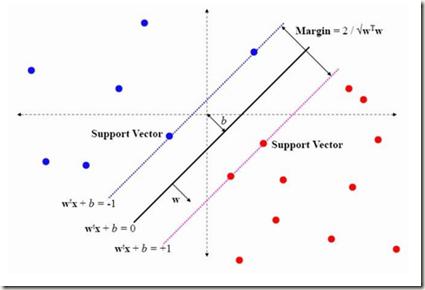Tensor-based representations are being increasingly used to represent complex data types such as imaging data, due to their appealing properties such as dimension reduction and the preservation of spatial information. Recently, there is a growing literature on using Bayesian scalar-on-tensor regression techniques that use tensor-based representations for high-dimensional and spatially distributed covariates to predict continuous outcomes. However surprisingly, there is limited development on corresponding Bayesian classification methods relying on tensor-valued covariates. Standard approaches that vectorize the image are not desirable due to the loss of spatial structure, and alternate methods that use extracted features from the image in the predictive model may suffer from information loss. We propose a novel data augmentation-based Bayesian classification approach relying on tensor-valued covariates, with a focus on imaging predictors. We propose two data augmentation schemes, one resulting in a support vector machine (SVM) classifier, and another yielding a logistic regression classifier. While both types of classifiers have been proposed independently in literature, our contribution is to extend such existing methodology to accommodate high-dimensional tensor valued predictors that involve low rank decompositions of the coefficient matrix while preserving the spatial information in the image. An efficient Markov chain Monte Carlo (MCMC) algorithm is developed for implementing these methods. Simulation studies show significant improvements in classification accuracy and parameter estimation compared to routinely used classification methods. We further illustrate our method in a neuroimaging application using cortical thickness MRI data from Alzheimer's Disease Neuroimaging Initiative, with results displaying better classification accuracy throughout several classification tasks.
翻译:暂无翻译




